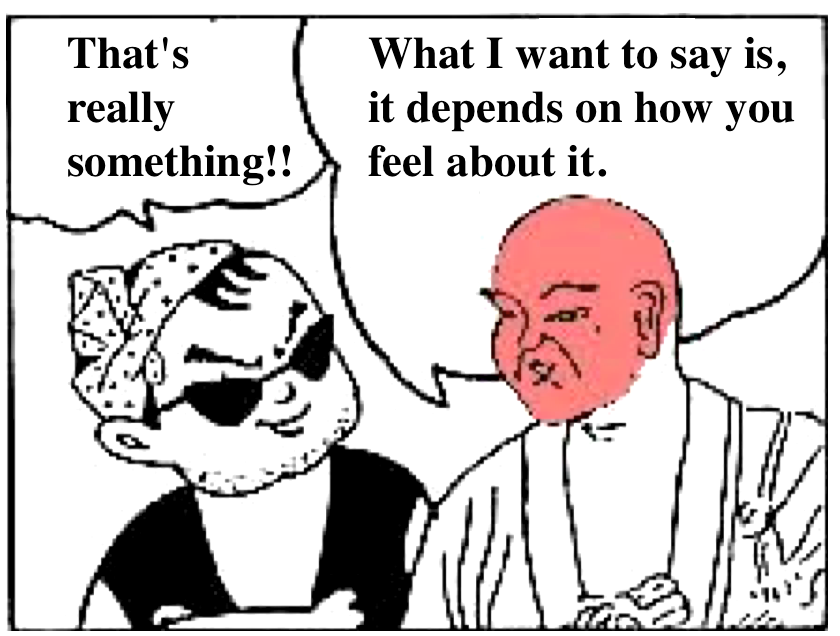
公共的理性
Public reason
☆
公的理性は、私たちの共同生活を規制する道徳的または政治的ルールが、ある意味で、そのルールが権威を持つと主張するすべての人々にとって正当化可能であ
るか、受け入れられるものであることを要求する。これは、トマス・ホッブズ、イマヌエル・カント、ジャン=ジャック・ルソーの研究に根ざした
考え方であり、ジョン・ロールズ、ユルゲン・ハーバーマス、ジェラルド・ガウスなどの研究において発展した結果、現代の道徳・政治哲学においてますます影
響力を持つようになっている。
| Public
reason requires that the moral or political rules that regulate our
common life be, in some sense, justifiable or acceptable to all those
persons over whom the rules purport to have authority.[1][2] It is an
idea with roots in the work of Thomas Hobbes, Immanuel Kant, and
Jean-Jacques Rousseau, and has become increasingly influential in
contemporary moral and political philosophy as a result of its
development in the work of John Rawls, Jürgen Habermas, and Gerald
Gaus, among others. |
公的理性は、私たちの共同生活を規制する道徳的または政治的ルールが、
ある意味で、そのルールが権威を持つと主張するすべての人々にとって正当化可能であるか、受け入れられるものであることを要求する[1][2]。これは、
トマス・ホッブズ、イマヌエル・カント、ジャン=ジャック・ルソーの研究に根ざした考え方であり、ジョン・ロールズ、ユルゲン・ハーバーマス、ジェラル
ド・ガウスなどの研究において発展した結果、現代の道徳・政治哲学においてますます影響力を持つようになっている。 |
| Immanuel Kant The phrase "public use of one's reason" (Vernunft in allen Stükken öffentlichen Gebrauch) was used by Immanuel Kant in his 1784 editorial piece responding to the question "What Is Enlightenment?," where he distinguished it from private usage of reason, by which he meant reasoning offered from a specific civic office or post.[3] This Kantian conception was further developed by American philosopher John Rawls to refer to the common reason of all citizens in a pluralist society and identified it as a component of political liberalism.[4] Although Rawls cited the Kantian origin of his concept, his understanding is distinguished by the way he explained how public reason embodies the shared fund of beliefs and reason of those who constitute a democratic polity—those who are concerned with the good of the public and matters of basic justice.[4] Public reason giving, in the Rawlsian sense, involves justifying a particular position by way of reasons that people of different moral or political backgrounds could accept. Although in his later writings he added what is known as the proviso, meaning that non-public reasons could be given assuming that public reasons would be provided in due course.[5] In order to accomplish this, however, one must overcome what he refers to as the burdens of judgment, which can produce disagreement among reasonable citizens. These burdens include conflicting evidence, giving differing weights to considerations, conceptual indeterminacy, differing experiences and value conflicts. Private reason, by contrast, is the exercise of an individual's reason to the constrained norms and interests of some sub-set of the public as a whole (such as a business, a political party, the military or the family). Rawls also classified the concept into public reason for "liberal peoples" and public reason for "society of peoples". The former involves public reason of free and equal liberal peoples who debate their mutual relations while the latter involves equal citizens of domestic society debating political issues and justice concerning their government.[6] |
イマヌエル・カント 「理性の公的利用」(Vernunft in allen Stükken öffentlichen Gebrauch)という言葉は、イマヌエル・カントが1784年に「啓蒙とは何か」という問いに答える論説の中で用いた、 「このカント的概念は、アメリカの哲学者ジョン・ロールズによって、多元主義社会におけるすべての市民の共通の理性を指すものとしてさらに発展させられ、 政治的自由主義の構成要素として特定された[4]。 [4]ロールズはその概念のカント的起源を挙げてはいるが、彼の理解は、公的理性が民主的政治を構成する人々、すなわち公共の善と基本的正義の問題に関心 を持つ人々の信念と理性の共有基金をどのように具現化するのかを説明する方法によって区別される[4]。 ロールズ的な意味での公共的理由の付与とは、異なる道徳的あるいは政治的背景を持つ人々が受け入れうる理由によって特定の立場を正当化することである。し かし、これを達成するためには、合理的な市民の間に意見の相違を生じさせる可能性のある、彼が判断の重荷と呼ぶものを克服しなければならない。これらの重 荷には、矛盾する証拠、考慮事項の重みの違い、概念の不確定性、経験の違い、価値観の対立などが含まれる。これとは対照的に、私的理性とは、公共全体のあ る部分集合(企業、政党、軍隊、家族など)の制約された規範と利益に対する個人の理性の行使である。 ロールズはまた、この概念を「自由民衆」のための公共的理性と「民衆社会」のための公共的理性に分類した。前者は、自由で平等な自由民衆がその相互関係に ついて議論する公的理性であり、後者は、国内社会の平等な市民がその政府に関する政治問題や正義について議論する公的理性である[6]。 |
| A Theory of Justice Evidence-based policy Justice as fairness Public choice theory Rationalism Overlapping consensus |
正義の理論 証拠に基づく政策 公正としての正義 公共選択理論 合理主義 重なり合うコンセンサス |
| https://en.wikipedia.org/wiki/Public_reason |
|
リ ンク
文 献
そ の他の情報
Copyleft, CC, Mitzub'ixi Quq Chi'j, 1996-2099
☆
 ☆
☆